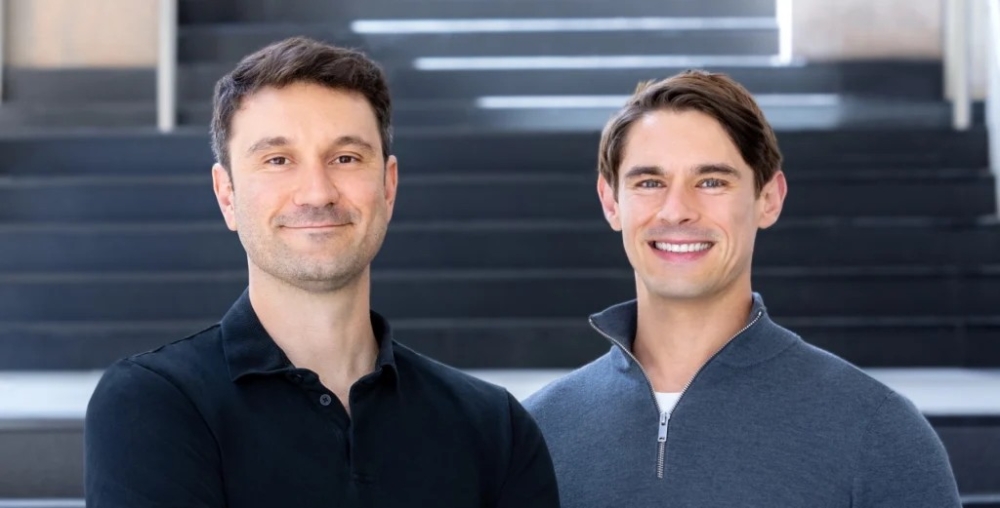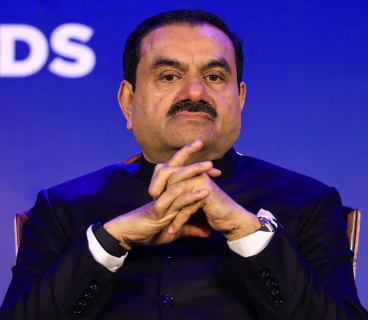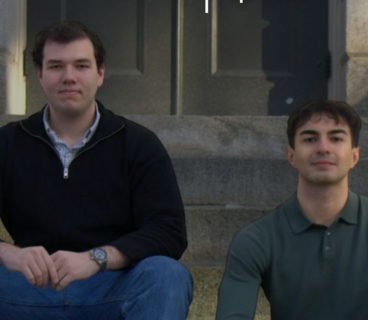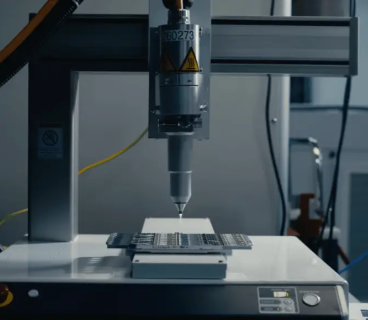The Periodic Labs startup, founded by former OpenAI researcher Liam Fedus and his colleague at Google Brain, Ekin Doğuş Çubuk, recently launched and raised a massive $300 million seed investment. The funding round was led by Felicis venture investor Peter Deng, with participation from prominent venture firms such as Andreessen Horowitz (a16z), DST, Nvidia’s NVentures, Accel, as well as angel investors including Jeff Bezos, Elad Gil, Eric Schmidt, and Jeff Dean.
The foundation of Periodic Labs was laid approximately seven months ago through a conversation between Fedus and Çubuk, a well-known researcher in machine learning and materials science. They concluded that generative AI is finally ready to fundamentally transform scientific discovery.
Çubuk highlights three key factors enabling AI-driven automated materials science:
- Reliability of Robotic Arms: Robotic arms capable of managing the powder synthesis process for new material creation have proven their practical reliability.
- Machine Learning Simulations: These simulations have become efficient and accurate enough to model complex physical systems required for new material development.
- Reasoning Capabilities of Large Language Models (LLMs): Achievements by Fedus (a member of the team that created ChatGPT) and his OpenAI colleagues have endowed LLMs with strong logical reasoning capabilities.
Together, these factors allow simulations to propose theoretical combinations, robots to synthesize materials, and LLMs to analyze results and suggest adjustments. This approach has already been applied, as documented in Çubuk’s 2023 Google research, which created 41 new compounds using recipes proposed by language models in a fully automated robotic lab. The founders also recognize that even failed experiments provide valuable data for AI, with Fedus noting, “Connecting with reality by bringing experiments into the AI loop is the next frontier.”
After Fedus announced his resignation, he initially tweeted that OpenAI would invest in the project; it was later confirmed that OpenAI is not an investor, but his tweet generated significant interest among venture investors. The first call responded to by Fedus and Çubuk came from Peter Deng, a former OpenAI colleague and investor at Felicis. Deng was deeply impressed by Fedus’s statement: “Everyone talks about doing science, but to actually do science, you have to really do science.” He realized that for AI models to make real discoveries, they need fully equipped labs to test their ideas in the real world. As a result, Deng immediately committed to invest, even before the company had a name.
The $300 million raised enabled Periodic Labs to recruit over 20 top-tier AI and scientific talents, including Alexandre Passos (creator of o1 and o3) and Eric Toberer, known for discoveries in superconductors. To foster knowledge sharing, the startup organizes weekly graduate-level lectures for team members.
Periodic Labs has already established its lab and is focused on discovering new superconducting materials, which could pave the way for the next generation of energy-efficient technologies. However, Çubuk notes that it will take some time before the robots are fully operational. The competition in the field of AI platforms for scientific research is also intensifying; last month, OpenAI VP Kevin Weil announced the creation of a new division called “OpenAI for Science.”







